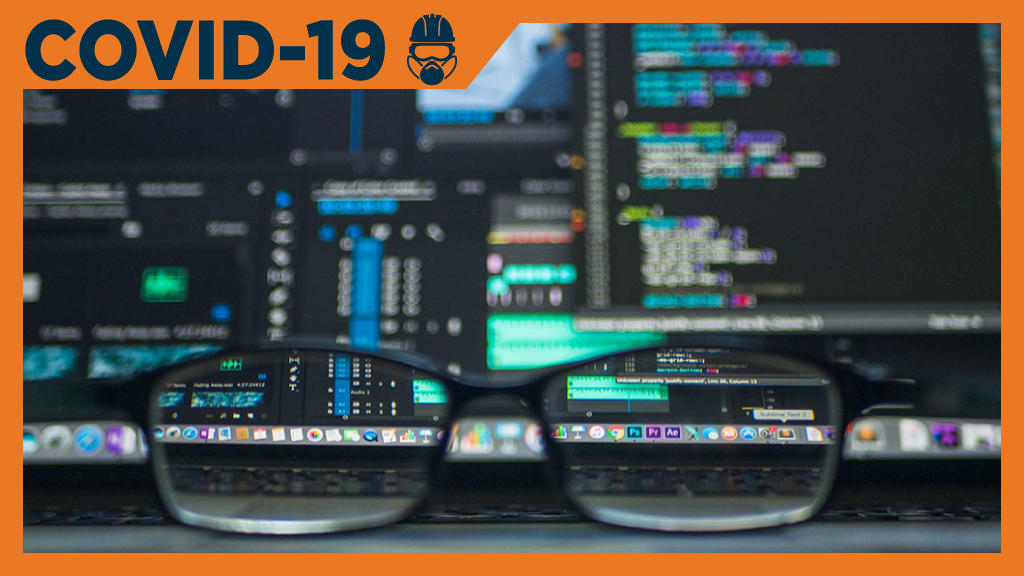Salus CEO and co-founder Gabriel Guetta says Salus Pro, his Vancouver-based company’s safety management software, can help contractors cope with COVID-19 and is making it free to prove it.
“We want to provide this at no cost for as long as we can. We want to go the opposite direction of people marking up (prices on) facemasks. In my opinion, that’s disgusting,” Guetta said.
“We had our own customers asking what could be done, so we reached out to bigger customers and safety associations such as the British Columbia Construction Safety Alliance. We asked what everyone else is doing and opened up a free version because smaller companies don’t have the resources available.”
The Salus platform manages construction documentation as proper safety practices generate a large amount of paperwork, Guetta said.
“With safety, there’s a lot of paper processed at a field level. Everything is documented because if it isn’t documented, it never happened,” he said.
Rapid advances in mobile technology mean documentation can now be handled by workers in the field making the process more efficient.
“A few years ago, workers still had flip phones. Our company exists because now smartphones are in the hands of workers old and young,” Guetta said.
The advent of COVID-19 both changed normal work processes and added new documentation, he said.
“Our product helps keep social distance and it replicates workflow but keeps communications going back and forth. Once you get into COVID-19, there’s new forms, procedures and documentation overnight and trying to get those documents to workers on paper is next to impossible,” Guetta said.
“With COVID-19, it’s shone a spotlight on the pain of paper processes, and with social distancing they can’t do that anymore.”
Guetta said the nature of construction actually works in favour of social distancing when it’s paired with paperless documentation and other procedures.
“Work has slowed and some people have restricted the number of people onsite. But keep in mind, it’s not an office, it can be a large site,” he said.
“We aren’t the solution to COVID-19 but we can be an important tool to getting them back to business as usual.”
Future features of the platform include incorporating video, which could be built out to further accommodate new pandemic procedures.
“Think of a toolbox talk. Instead of being in the same room, it’s a virtual meeting spot, so workers can be in their area. There’s something to be said for in-person and we don’t want to eliminate that completely, but we want the tools to be ready for the next pandemic,” Guetta said.
Better preparation means sudden shocks like an economic shutdown become less necessary as people adapt to changing conditions.
“If companies have processes in place, it’s business as usual and everyone has the tools to handle it,” Guetta said.
Dealing with the pandemic at present is a learning curve both for Salus and the industry, Guetta said, but he expressed hope that safety apps can bring a measure of certainty for new workers and that collaboration will bring new pandemic-ready processes.
“Let’s say a 19-year-old starts work now. A company can say here’s the app you need to download and that worker will feel safe,” he said.
“We want to be able to give a general contractor a checklist and they can make it their own. At this point nobody has the answers and everyone is coming together to build these checklists, and we’re trying to be a conduit for that, not just a tool.”











Recent Comments
comments for this post are closed